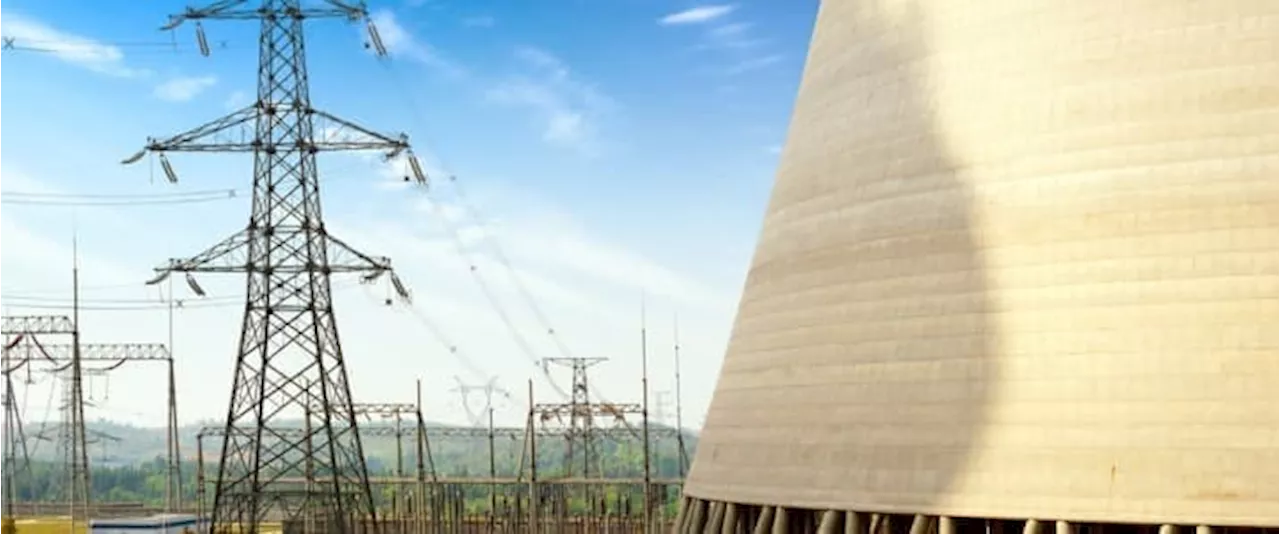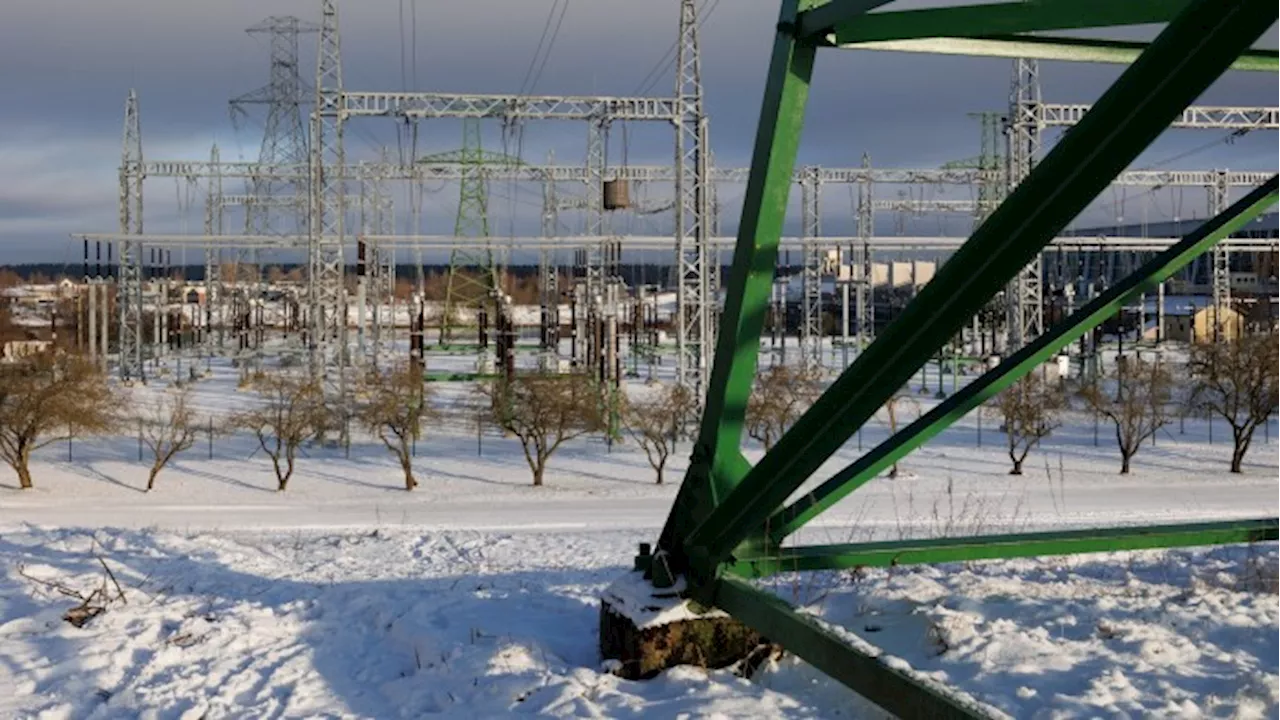The Baltic states are disconnecting from the Russian electricity grid and synchronizing with Continental Europe, marking a significant step towards energy independence.
The Baltic states are on the cusp of a historic transformation in their energy landscape. This weekend, Lithuania, Latvia, and Estonia will sever ties with the Russian electricity transmission grid and synchronize with the synchronous grid of Continental Europe. This monumental shift has been years in the making. As early as 2007, the Baltic countries, seeking to shed the remaining vestiges of Soviet influence, expressed a desire to join the continental grid.
The LitPol electricity link connecting Poland and Lithuania, established in 2015, served as a crucial first step, forging a direct connection between the Baltic transmission system and the Continental Europe Network. Further solidifying their commitment, the leaders of the Baltic countries signed an agreement in 2018, outlining their intention to synchronize their electricity systems with the Continental Europe Network by the end of 2025. However, in the wake of Russia's invasion of Ukraine and growing anxieties in the Baltic states regarding their energy dependence on Russia, plans for synchronization were accelerated to this Sunday, February 9th. This decisive action marks a significant stride towards energy independence from Russia for the Baltic states, which have endured years of coercive measures from Moscow, including blockades and pipeline shutdowns. It aligns with a broader European Union strategy to diminish its reliance on Russian energy. However, the escalating 'grey-zone' activity in the Baltic Sea serves as a stark reminder that energy security extends far beyond the question of who is providing the energy. Recent months have witnessed a surge in suspicious incidents involving damage to undersea power cables in the Baltic Sea, perpetrated by vessels with ties to Russia. These acts raise serious concerns about the potential for sabotage of critical infrastructure. This type of aggression has been ongoing, but Baltic allies have recently adopted a more resolute stance to thwart such actions. Allied efforts in the Baltic region, spearheaded by the NATO operation 'Baltic Sentry', encompass strengthened presence operations to enhance maritime domain awareness and deter further suspicious activity. Given the recent reduction in the size of the Royal Navy, this resolute response should serve as a powerful message to the HM Treasury regarding the critical economic imperative of investing more in Britain's maritime capabilities. These incidents underscore a critical reality: without the necessary hard power to safeguard vital maritime infrastructure, particularly crucial for an island nation like Britain, changing suppliers is merely one piece of the puzzle in achieving true energy security
BALTIC STATES ENERGY INDEPENDENCE RUSSIA EUROPEAN UNION NATO
United Kingdom Latest News, United Kingdom Headlines
Similar News:You can also read news stories similar to this one that we have collected from other news sources.
 Baltic States Break Free From Soviet-Era Energy GridThe Baltic states are disconnecting from the Russian power grid and joining the Continental European grid, marking a historic move towards energy independence and security.
Baltic States Break Free From Soviet-Era Energy GridThe Baltic states are disconnecting from the Russian power grid and joining the Continental European grid, marking a historic move towards energy independence and security.
Read more »
 Baltic States Brace for Sabotage and Cyberattacks as They Disconnect from Russian Power GridLithuania, Latvia, and Estonia are preparing for potential sabotage and cyberattacks this weekend as they finalize their separation from Russia's power grid. The Baltic states will fully disconnect from the Moscow-controlled 'BRELL' network tomorrow and connect to the European electricity system on Sunday. This move is seen as a critical step towards energy independence and security.
Baltic States Brace for Sabotage and Cyberattacks as They Disconnect from Russian Power GridLithuania, Latvia, and Estonia are preparing for potential sabotage and cyberattacks this weekend as they finalize their separation from Russia's power grid. The Baltic states will fully disconnect from the Moscow-controlled 'BRELL' network tomorrow and connect to the European electricity system on Sunday. This move is seen as a critical step towards energy independence and security.
Read more »
 Baltic States Sever Ties With Russia's Energy GridThe Baltic states of Estonia, Latvia, and Lithuania will disconnect from the Brell energy system, ending their reliance on Russia for electricity. The move, which synchronizes their grid with the EU, comes amid heightened concerns about sabotage to critical energy infrastructure.
Baltic States Sever Ties With Russia's Energy GridThe Baltic states of Estonia, Latvia, and Lithuania will disconnect from the Brell energy system, ending their reliance on Russia for electricity. The move, which synchronizes their grid with the EU, comes amid heightened concerns about sabotage to critical energy infrastructure.
Read more »
 Baltic States Brace for Potential Sabotage and Cyberattacks During Power Grid Decoupling from RussiaThe Baltic countries of Lithuania, Latvia, and Estonia are disconnecting from Russia's power grid this weekend, a move seen as crucial for energy independence and security. However, they are also preparing for potential sabotage and cyberattacks as they complete the transition.
Baltic States Brace for Potential Sabotage and Cyberattacks During Power Grid Decoupling from RussiaThe Baltic countries of Lithuania, Latvia, and Estonia are disconnecting from Russia's power grid this weekend, a move seen as crucial for energy independence and security. However, they are also preparing for potential sabotage and cyberattacks as they complete the transition.
Read more »
 Sweden Deploys Navy to Baltic Sea After Suspected Russian Cable SabotageSweden has sent three warships and a surveillance aircraft to the Baltic Sea following suspicions of another Russian attack on underwater cables. The deployment comes after several recent incidents, raising concerns about potential sabotage and disruption of critical infrastructure.
Sweden Deploys Navy to Baltic Sea After Suspected Russian Cable SabotageSweden has sent three warships and a surveillance aircraft to the Baltic Sea following suspicions of another Russian attack on underwater cables. The deployment comes after several recent incidents, raising concerns about potential sabotage and disruption of critical infrastructure.
Read more »
 Russia's Baltic Sea Oil Exports Plunge Amid Sanctions and SpeculationRussian oil exports from Ust-Luga, a major Baltic Sea port, have unexpectedly declined in recent weeks, raising questions about the impact of Western sanctions and the future of Russian oil flows. While the exact cause of the slump remains unclear, several factors may be contributing, including the recent Biden administration sanctions on Russian oil exporters and tankers, increased restrictions on Russian-linked vessels by Western countries, and potential disruptions to Russian energy infrastructure caused by Ukrainian drone attacks.
Russia's Baltic Sea Oil Exports Plunge Amid Sanctions and SpeculationRussian oil exports from Ust-Luga, a major Baltic Sea port, have unexpectedly declined in recent weeks, raising questions about the impact of Western sanctions and the future of Russian oil flows. While the exact cause of the slump remains unclear, several factors may be contributing, including the recent Biden administration sanctions on Russian oil exporters and tankers, increased restrictions on Russian-linked vessels by Western countries, and potential disruptions to Russian energy infrastructure caused by Ukrainian drone attacks.
Read more »
